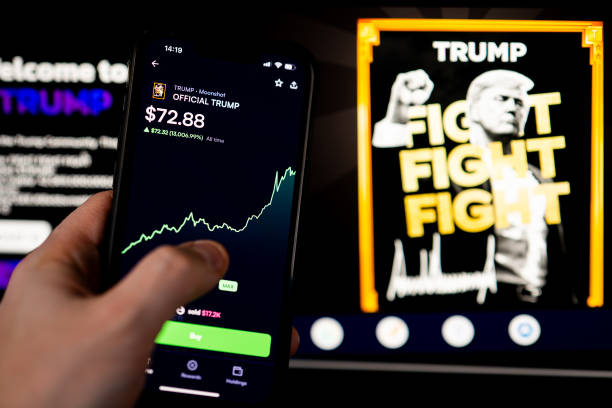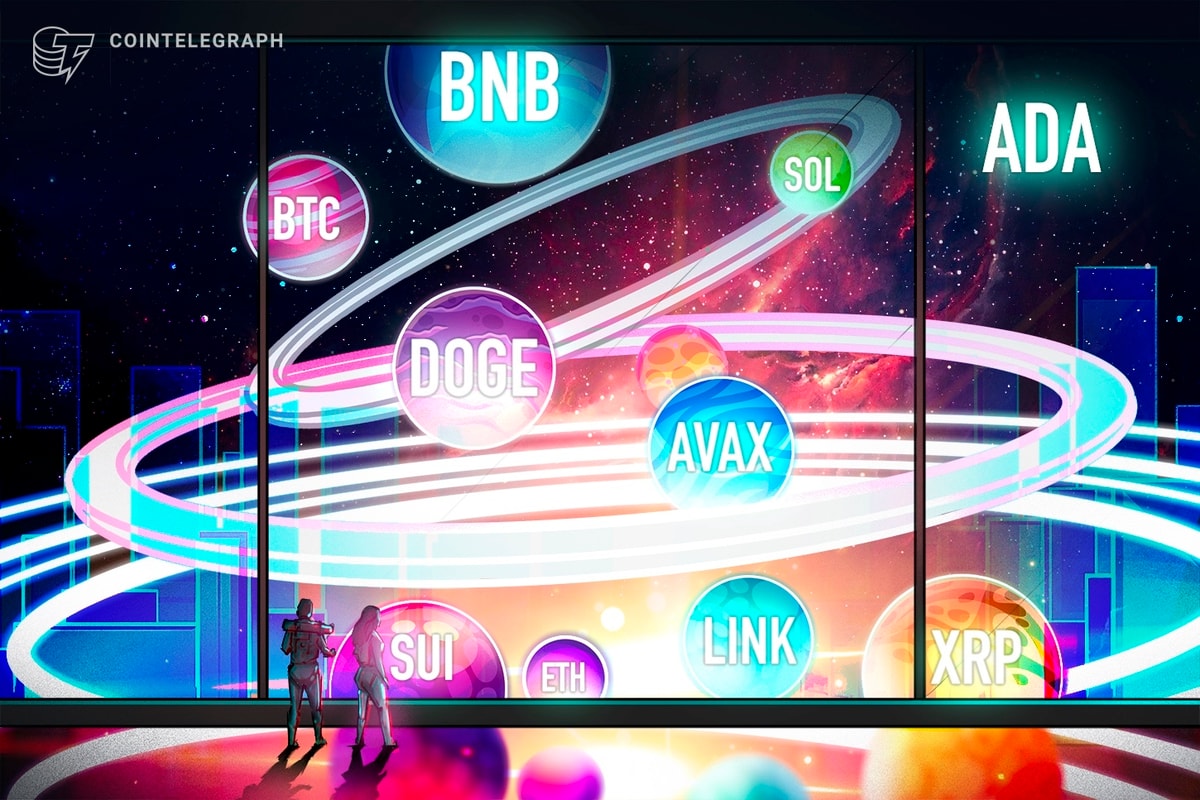In the recent public questionnaire, titled “Money and Payments: The US Dollar in the Age of Digital Transformation,” the XRP army has done its best to let the US Federal Reserve know what the XRP Ledger (XRPL) is capable of. This initiative, aimed at exploring the viability and design of Central Bank Digital Currencies (CBDCs), has seen the third-largest altcoin mentioned 111 times in the 584-page document, highlighting its potential role in the future of digital finance.
Insights And Advocacy For XRP In CBDC Discussions
Delving into the potential benefits and policy considerations of a CBDC, James Hughes emphasized that the Federal Reserve should “maintain close relationships with the industry. Do not close off the cryptocurrency market by making private currencies like Bitcoin, ETH or XRP illegal. Let consumers choose and the industry will continue to innovate.”
Ryan Hanna emphasized the sentiment for the cryptocurrency’s efficacy, particularly for its offline capabilities and potential to facilitate point-of-sale transactions. He remarked, “A CBDC on a federated sidechain like the product Ripple has using the XRPL is actually more secure than our current financial system. Not to mention it is ready to adapt to quantum computing.” Hughes also noted its efficiency, citing “instant settlement and zero fees.”
In the context of cross-border payments, James Ryckman challenged the necessity for CBDCs, suggesting Ripple and its technology as efficient alternatives. He explained, “Ripple and XRP are a perfect bridge currency that could be used for cross border payments in large amounts of value. Other applications like Stellar and XLM would be used for the public facing ability to send money across borders. CBDCs do not need to be used for this.”
Highlighting the performance for settlements, Kenneth Walker pointed out, “Ripple has developed XRP which can settle cross-border payments in three to five seconds versus one to five days of traditional legacy systems. Also, it costs pennies to process versus thousands.”
Advocating for a synergy between public chains and CBDCs, Luke Keagy proposed using XRPL as a foundational technology. He emphasized the importance of interoperability with private sector innovation: “By using a public chain like the XRPL to build a side chain. That would allow FED money to directly interoperate with private sector innovation.”
Asserting the versatility, Ernest Shackleton confidently stated the altcoin’s strong position as a solution for transferability across various payment platforms. “Use XLM or XRP as the base layer,” he stated.
Remarkably, not all comments were entirely serious, with one respondent writing “XRP to the MOONBASE” to all 22 questions. Another person wrote, “Don’t be stupid… use the XRPL… you’ve done enough to screw with our lives don’t act like idiots more than normal. [It] is better than all other chains and you know it. Oh and tell Gary Gensler to eat a… well.. you know..”
Nevertheless, the substantial mentions reflect the community’s strong belief in its ability to enhance the CBDC framework. And the extensive public engagement by the US Federal Reserve underscores a pivotal moment in the exploration of CBDCs.
At press time, XRP traded at $0.60333. After the rejection at the 0.382 Fibonacci retracement level, the price is now squeezed between the 20-day and 50-day Exponential Moving Average (EMA).
In the event of an upside breakout, the price level at $0.627 would be decisive. On the downside, the 100-day EMA at $0.575 could provide support.












